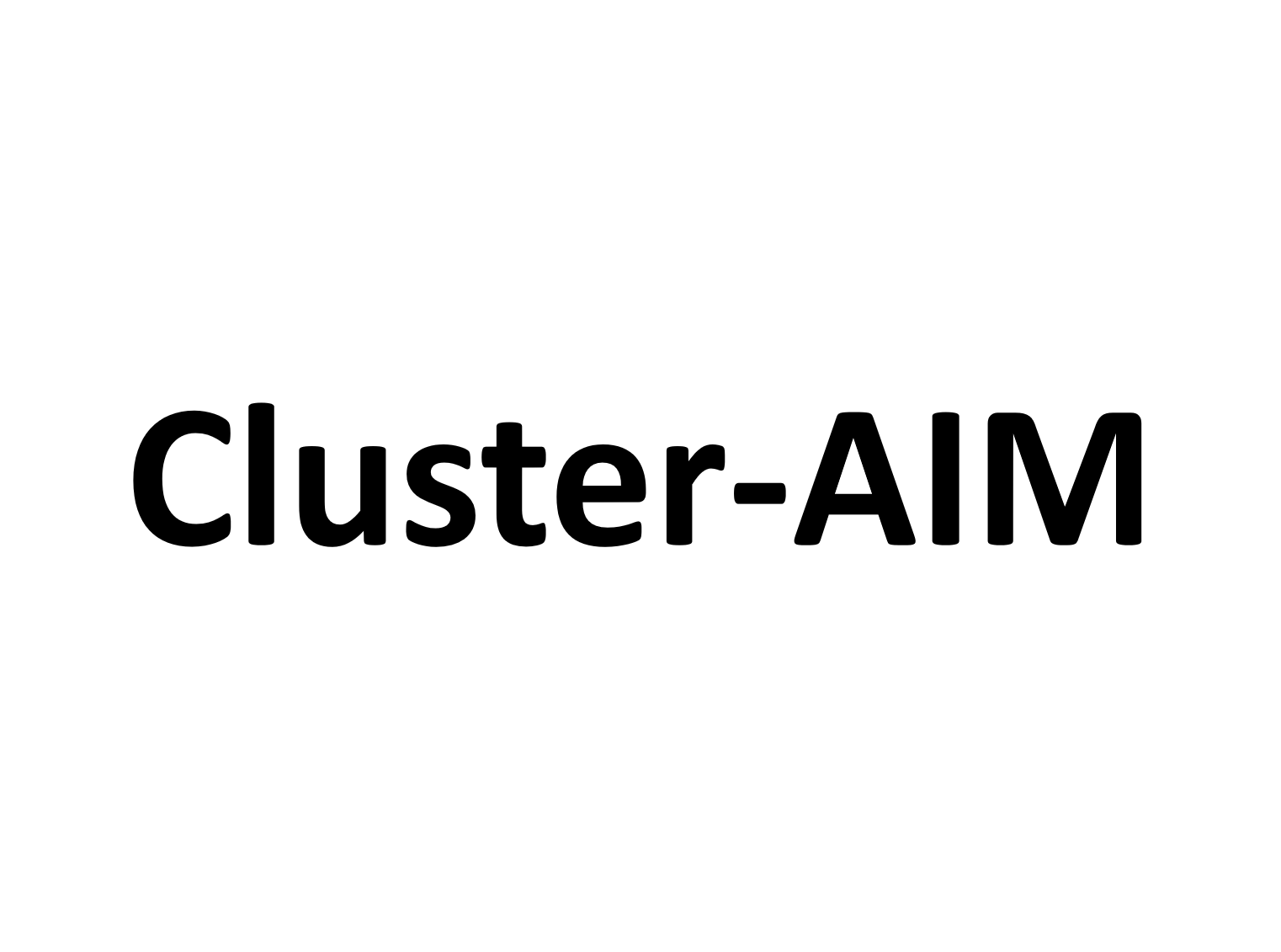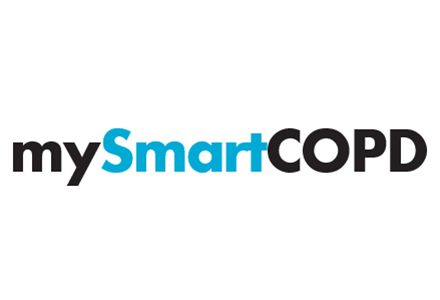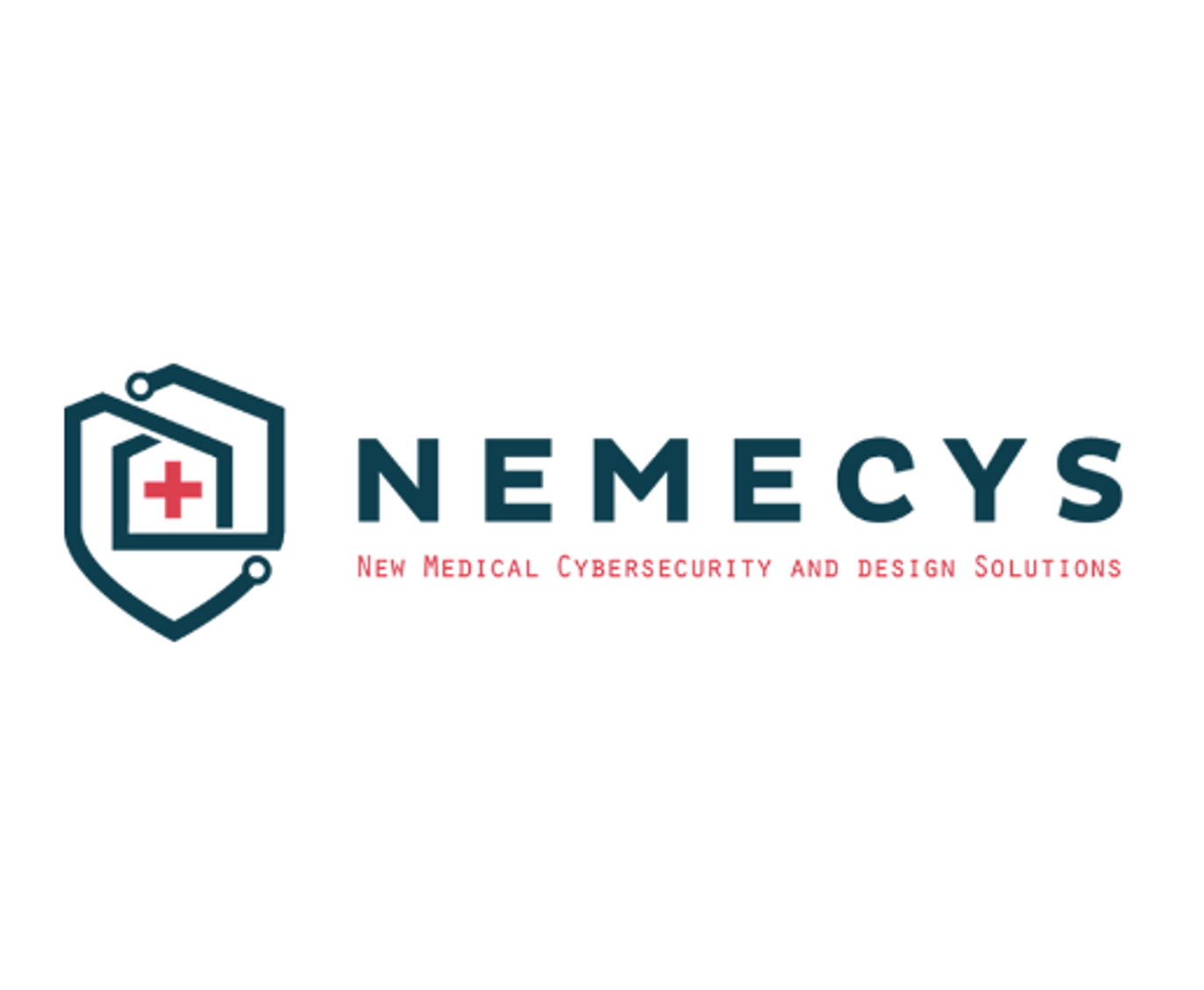CrowdHEALTH
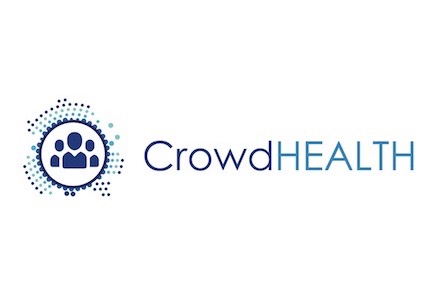
Nowadays, there is a plethora of sources of healthcare data and services aiming to utilise this data, e.g., with the promise of improved and personalised healthcare.
However, the reality is that the data remains largely inaccessible and poorly integrated, leaving healthcare services with a narrow view of a person’s health. Consequently, this bears risk to the accuracy of medical diagnosis, but also leaves authorities with a fragmented picture stifling the creation of effective healthcare policies as well as measuring their effectiveness and impact.
Health & Wellbeing Big Data Decision Support Artificial IntelligenceSupporting Policy-makers with Big Data Analytics
Core to the CrowdHEALTH project is the introduction of Holistic Health Records (HHRs), which aims at integrating all health determinants. This includes health-related facts such as clinical data, diagnoses, medication, genomics, etc., and information such as nutrition, lifestyle choices (e.g. physical activities), environmental conditions, sensor information (home or wearables), and social information.
Social information in the HHRs is key to CrowdHEALTH, as the project aims at addressing the wider healthcare networks in which Social HHRs become living entities in social spaces. With a goal of extracting collective knowledge in such networks, the Social HHRs reflect inter alia people's experiences, relationships with other HHRs, and events that may impact on individuals or groups of people exhibiting particular characteristics. On the basis of this information, the Social HHRs will enable autonomous formation of networks and appropriate knowledge sharing.
Based on the rich data associated with the Social HHRs, CrowdHEALTH will deliver an ICT platform to provide decision support to public health authorities for policy creation and co-creation. This will be achieved through the exploitation of collective knowledge that emerges from multiple information sources and its combination with situational awareness artefacts.
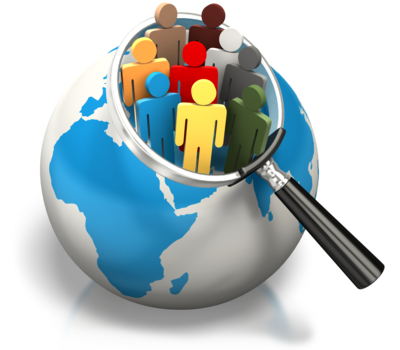
The platform will incorporate Big Data management, offering Data as a Service to policy makers for risk stratification on the basis of forecasting tools. Further, CrowdHEALTH will provide the mechanisms for evaluating and optimising policies via simulation and visualisation tools.
CrowdHEALTH will validate the project outputs through 5 pilots addressing different environments: care centres, social networks, public environments, living labs, and disease monitoring.
IT Innovation's Role
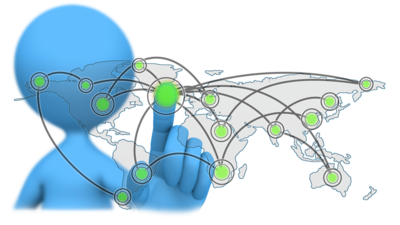
We are leading the work on developing a framework and data-driven tools for population-level risk stratification to inform policy making.
Predicting risk in populations helps public health policies and interventions to be developed and optimised. Using machine learning, we are developing tools to stratify populations into risk categories (low, medium, high). In conjunction with policy-relevant population segments (e.g., gender, age and socio-economic factors), we can inform prioritisations and provide evidence for new or amended policies.
This work extends our work in online community risk management from ROBUST where we modelled and predicted risks in professional communities hosted by organisations such as SAP and IBM.
We also build on our expertise in supporting policy makers from projects like WeGov (citizen engagement and social media analysis), SENSE4US (data insights for policy makers) and ProsocialLearn (assessing impact of organisational and population level primary interventions).
Project Fact Sheet
The CrowdHEALTH project is a 35 month project funded by the EC H2020 ICT framework programme.
Coordinator: Atos Spain SA
Website: http://www.crowdhealth.eu
Twitter: CrowdHealth_EU
More information: https://cordis.europa.eu/project/rcn/209158_en.html
 This project has received funding from the European Union's Horizon 2020 research and innovation programme under grant agreement No 727560.
This project has received funding from the European Union's Horizon 2020 research and innovation programme under grant agreement No 727560.
